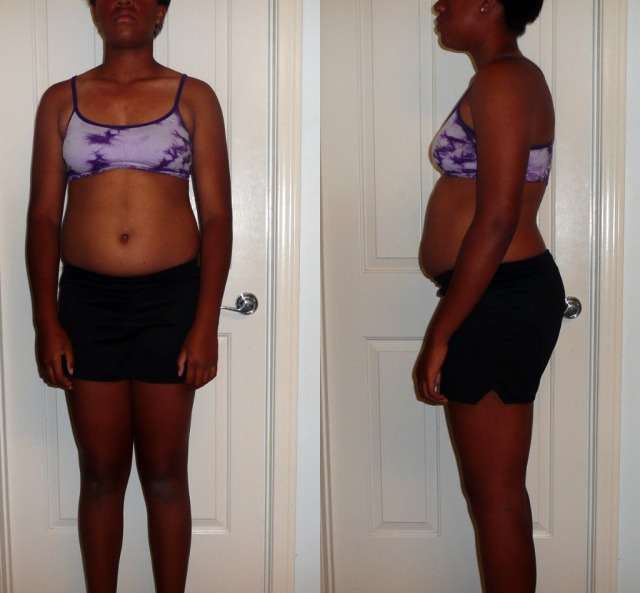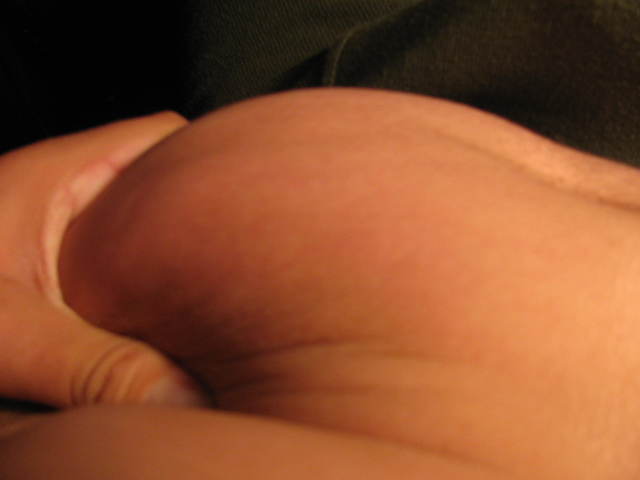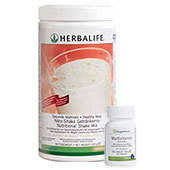How Your Diet Affects Hormones
What you eat has a major impact on your hormones. This is because the foods you eat can either provide your body with the nutrients it needs to produce hormones, or they can interfere with hormone production.
Some of the most important nutrients for hormone production include:
* Protein: Protein is the building block of hormones. It is important to eat a variety of protein sources, including lean meats, fish, poultry, eggs, and dairy products.
* Carbohydrates: Carbohydrates provide the body with energy. Complex carbohydrates, such as whole grains, fruits, and vegetables, are the best choice for hormone health.
* Fats: Healthy fats, such as olive oil, avocados, and nuts, are essential for hormone production.
* Vitamins and minerals: Vitamins and minerals are also essential for hormone production. Some of the most important vitamins and minerals for hormone health include vitamin A, vitamin B6, vitamin D, zinc, and magnesium.
In addition to the nutrients you eat, the way you eat can also affect your hormones. For example, eating too many processed foods can lead to weight gain and insulin resistance, which can both disrupt hormone production. Eating regular meals and snacks can also help to keep your hormones in balance.
Specific Foods That Affect Hormones
Some foods have a particularly strong impact on hormone production. These foods include:
* Soy foods: Soy foods contain isoflavones, which are plant compounds that have estrogen-like effects. Eating soy foods can help to balance estrogen levels in women and may reduce the risk of some hormone-related cancers.
* Cruciferous vegetables: Cruciferous vegetables, such as broccoli, cauliflower, and cabbage, contain compounds that can help to regulate estrogen levels. These vegetables may also reduce the risk of some hormone-related cancers.
* Flaxseed: Flaxseed is a good source of lignans, which are plant compounds that have estrogen-like effects. Eating flaxseed can help to balance estrogen levels in women and may reduce the risk of some hormone-related cancers.
* Green tea: Green tea contains polyphenols, which are antioxidants that may help to protect against hormone-related cancers. Green tea may also help to balance estrogen levels in women.
* Coffee: Coffee contains caffeine, which can stimulate the release of adrenaline and cortisol. These hormones can help to improve energy levels and mood. However, drinking too much coffee can lead to anxiety and other problems.
The Bottom Line
What you eat has a major impact on your hormones. By eating a healthy diet and avoiding foods that can disrupt hormone production, you can help to keep your hormones in balance and reduce your risk of hormone-related problems.
-
nutritional food
Questionmy question is this: if someone could only take one food
-
How do emotions influence the digestion?
QuestionQUESTION: Hello. Is there any good science, written in a
-
Lower Triglycerides Naturally
QuestionQUESTION: I am a 43 yr old woman with Hypothyroidism. I r
-
4
Questionhi i was wondering whats a good way i ca lose 40=50 pound
-
DIET PILL -XENICAL PILL
Questionhi wendy my doctor is putting me on a diet pill called xe
-
Small meals throughout the day dont stop huger
QuestionIm a 33 year old stay at home mom, Im trying my best to w



